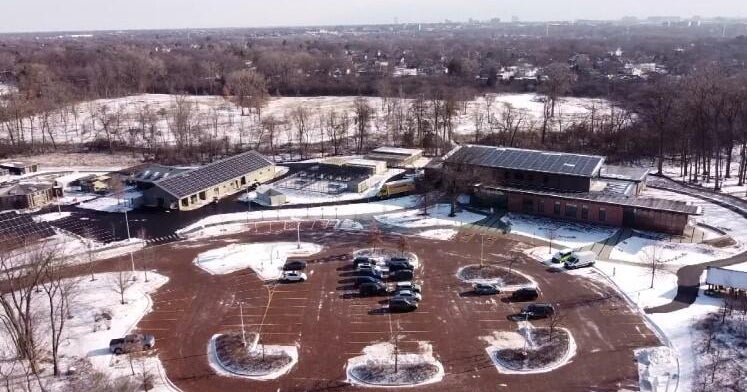California reintroduces beavers into Plumas County waterway to renew ecosystem; 1st such release in nearly 75 years
California has reintroduced beavers into the wild for the first time in nearly 75 years, in cooperation with the Mountain Maidu tribe of Plumas County, to revitalize the local ecosystem and to act as a buffer during wildfires.
The state Department of Fish and Wildlife (CDFW) said Wednesday it released a family of seven beavers last month at a location in the northwest part of the county known to the tribal community as Tásmam Koyóm, formerly called Humbug Valley by Euromerican settlers.
PG&E transferred the 2,325 acres of land back to the Maidu in 2019. Two years later, the Dixie Fire ravaged much of the area.
The beavers will join a resident beaver in the valley in the hopes of breeding a population that will re-establish the habitat and provide for many other species. Beaver restoration is seen as part of a larger effort to combat the impacts of wildfires, climate change, and drought, according to CDFW.
"Thanks to the leadership of our tribal partners and years of preparation, beavers are returning to their original homeland around the state," said Gov. Gavin Newsom in a prepared statement. "California is restoring wildlife and critical habitat by working hand-in-hand with the tribes who have stewarded these lands."
The beaver release in Plumas County is the first phase of the state's beaver restoration project on the ancestral lands of the Maidu people. The next reintroduction is planned for the Tule River Reservation in the southern Sierra Nevada.
"Beavers help retain water on the landscape, which increases groundwater recharge, improves summer baseflows, extends seasonal flows and increases fuel moisture during wildfire season, effectively creating green belts that can serve as wildfire buffers or breaks and provide refugia for wildlife," said CDFW Director Charlton H. Bonham in a prepared statement.
The reintroduction of the beavers into the Plumas County waterway is the result of years of collaboration among CDFW, the Maidu Summit Consortium, the U.S. Fish and Wildlife Service and multiple other entities.
The beaver translocation is also part of CDFW's beaver depredation policy, moving the beaver family from Sutter County where their activity was seen as a nuisance, damaging lands that support threatened or endangered species, according to the department.
For additional information about CDFW's beaver management policies, visit wildlife.ca.gov/Conservation/Mammals/Beaver.









